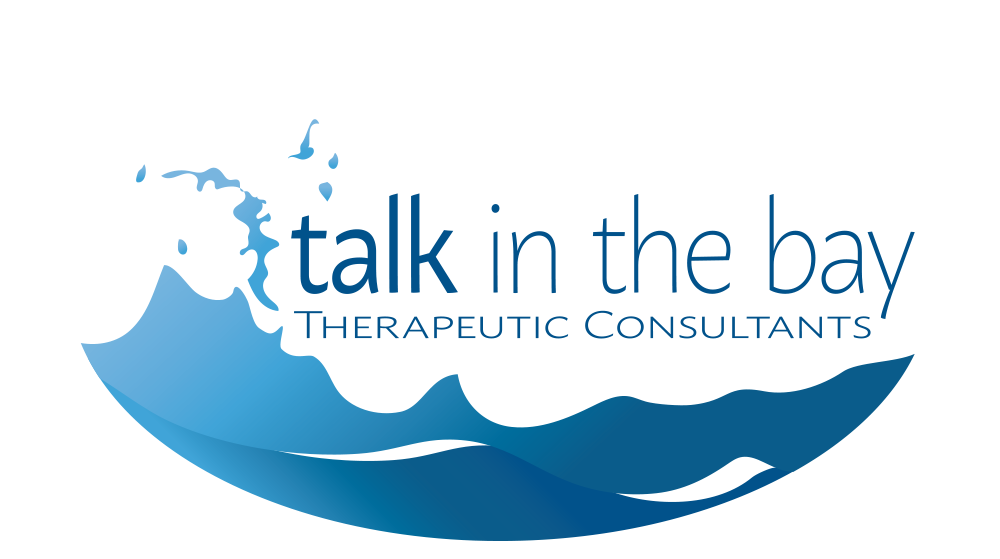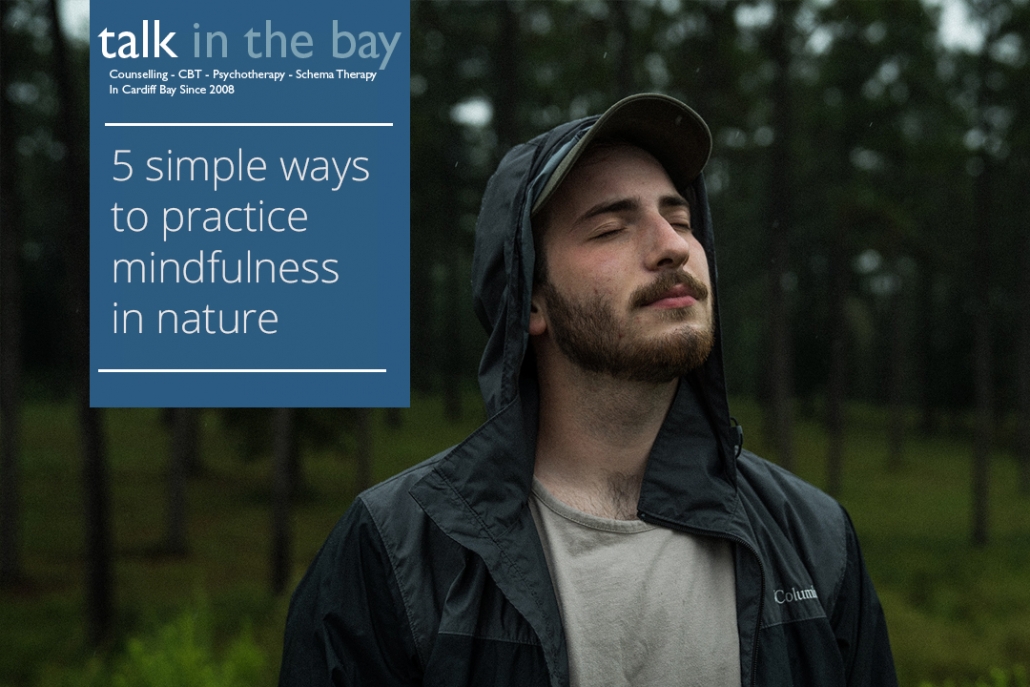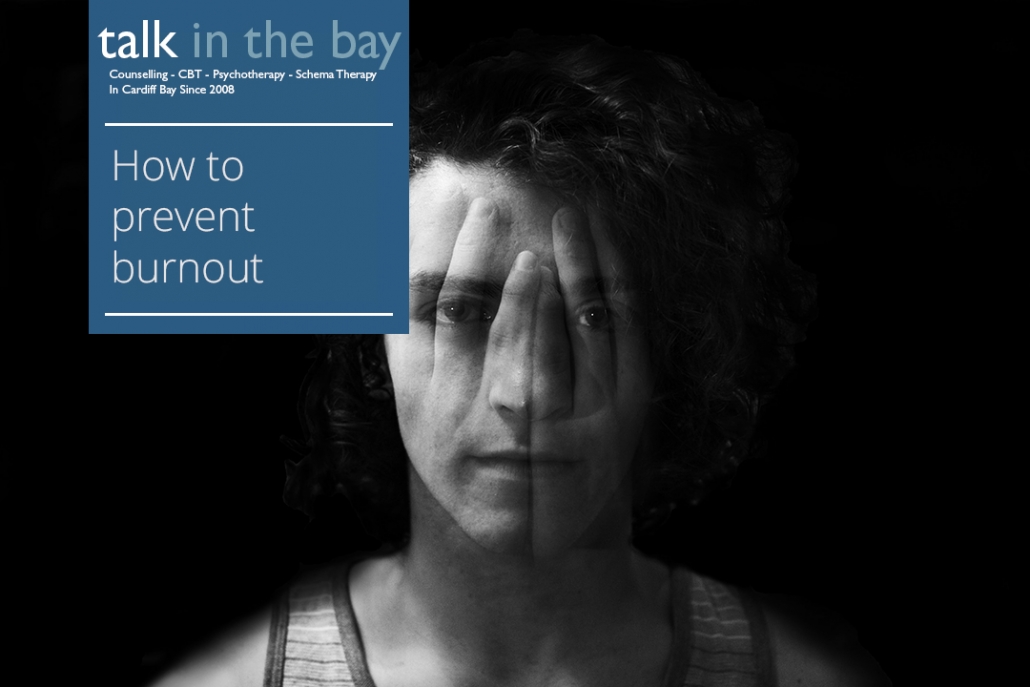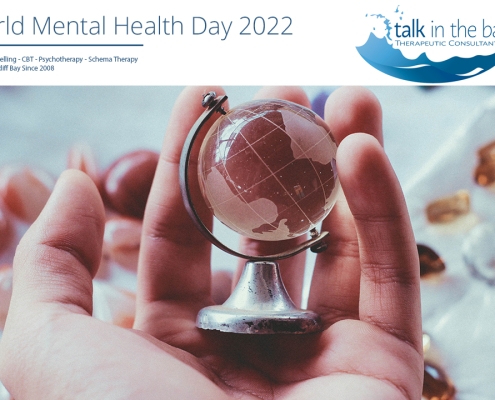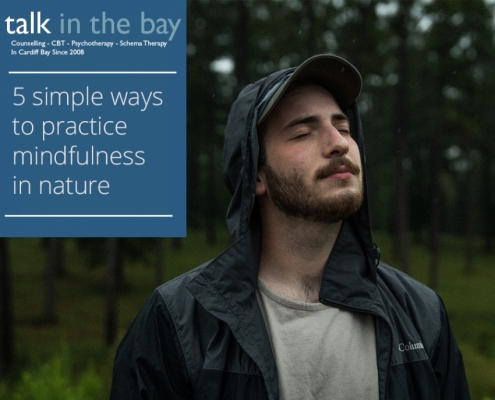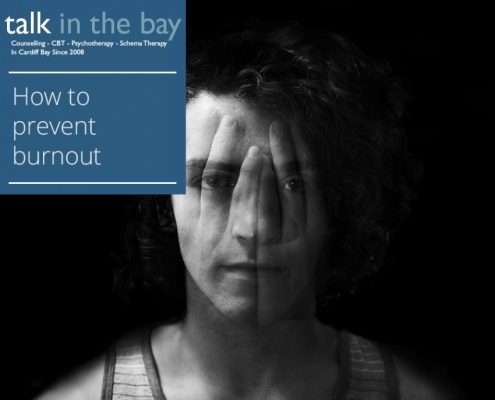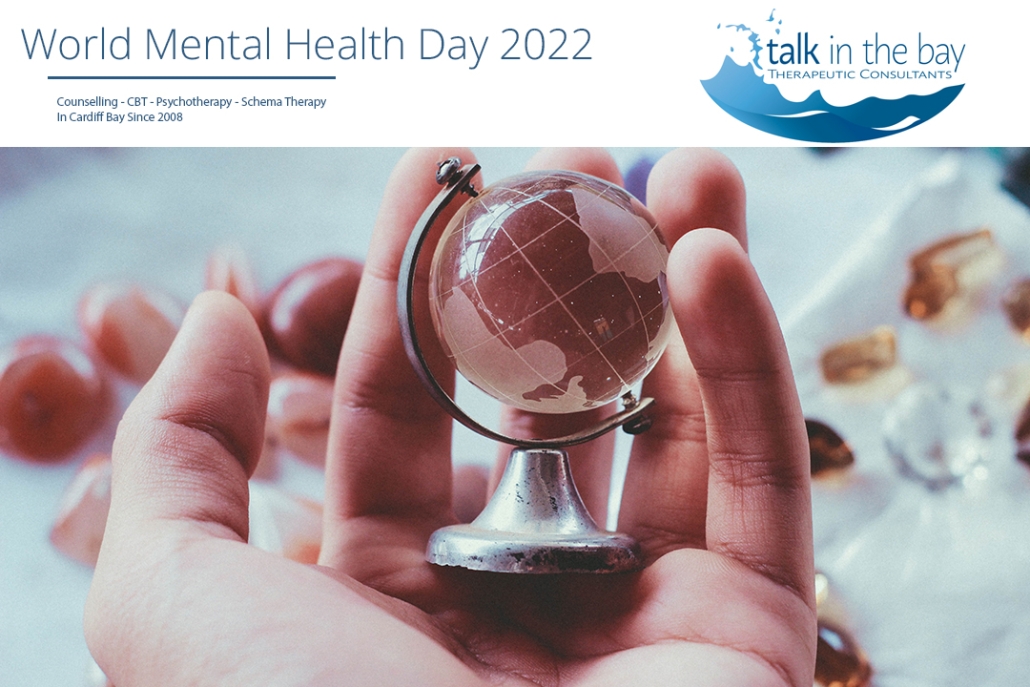 https://talkinthebay.co.uk/wp-content/uploads/2022/10/World-Mental-Health-Day-2022.jpg
720
1080
Carin Stenbeck
https://talkinthebay.co.uk/wp-content/uploads/2022/02/TalkintheBay_Logo_300dpi_Large.png
Carin Stenbeck2022-10-03 13:53:512022-10-04 13:39:59World Mental Health Day 22
https://talkinthebay.co.uk/wp-content/uploads/2022/10/World-Mental-Health-Day-2022.jpg
720
1080
Carin Stenbeck
https://talkinthebay.co.uk/wp-content/uploads/2022/02/TalkintheBay_Logo_300dpi_Large.png
Carin Stenbeck2022-10-03 13:53:512022-10-04 13:39:59World Mental Health Day 22What is insomnia counselling?
Talk in the Bay is pleased to announce the introduction of a specialist therapy to help sufferers of insomnia.
Around one in three people suffer from sleep problems. Doctors consider that it becomes chronic if you suffer it more than three times a week for more than three months. Sufferers may not be able to go to sleep or stay asleep and may only be able to have a few hours of fitful sleep. Sometimes they lie awake for hours.
Effects include feeling tired the next day, trouble concentrating and remembering things, feeling irritable and having difficulty with relationships. It can also worsen the effects of depression, ptsd, and anxiety.
There can be underlying medical conditions that cause insomnia, and our sleep patterns alter with age, but for many people the cause can be that their inner body clocks, that govern sleeping and waking, have become out of sync with each other. The sufferer has also often become ’conditioned’ not to go to sleep at a time which would be right for them. Anxiety is also a factor – many people take their worries to bed with them and can’t ‘switch off’. For further information about the relationship between mental illness and and sleep, Tuck provides evidenced-based sleep health information.
CBT-I, based on a substantial body of research in the US, has been developed to help those people. It looks at what your sleep patterns are now, what you are thinking about it, and other factors, such as medication, that may affect your insomnia. Are you a morning person, a night owl or somewhere in-between? How much sleep do you actually need?
Talk in the Bay therapist Sonia Wiltshire will use CBT-I techniques developed for veterans by the US Department for Veterans Affairs, Virginia, in a course of around 6-8 sessions of 45 minutes to an hour, that aim to help you understand your sleep patterns, re-calibrate your inner clock, look at sleep hygiene, and give you coping strategies to ease any underlying anxieties you have about your insomnia. These sessions can be weekly or every two weeks.
To be accepted for the therapy, (and to get the most out of it) you must be prepared to do things that may be a little out of your comfort zone, like being prepared (if applicable) to go/not go to bed at times that may feel counter-intuitive to you, keeping a diary of progress, and getting up at a consistent time. You will be fully assessed in the first session to make sure the therapy is safe for you.
Let us help
Cognitive behavioural therapy (CBT) is a talking therapy that can help you manage your problems by changing the way you think and behave.
It is most commonly used to treat anxiety and depression, but can be useful for other mental and physical health problems.
Solution-focused brief therapy – also known as solution-focused therapy – is an approach to psychotherapy based on solution-building rather than problem-solving. Although it acknowledges present problems and past causes, it predominantly explores an individual’s current resources and future hopes – helping them to look forward and use their own strengths to achieve their goals.
Learn more about Solution-focused brief therapy
Psychotherapy involves regular personal interaction and the use of psychological methods and techniques particularly, to help change behavior and overcome problems in desired ways.
Schema Therapy helps you to understand and gain clarity of where and why difficulties have developed in life and provides a treatment plan for healing.
Learn more about Schema Therapy
Acceptance and Commitment Therapy (ACT) is a form of psychotherapy and has been described as the fourth wave in therapy following CBT.
Applied Behaviour Analysis (ABA) is a data driven science of all behaviour.
